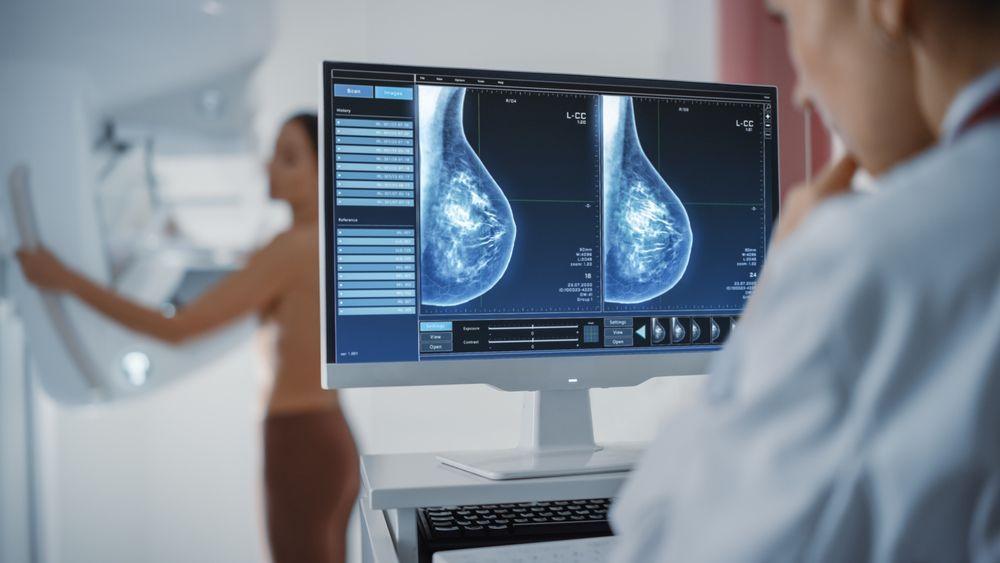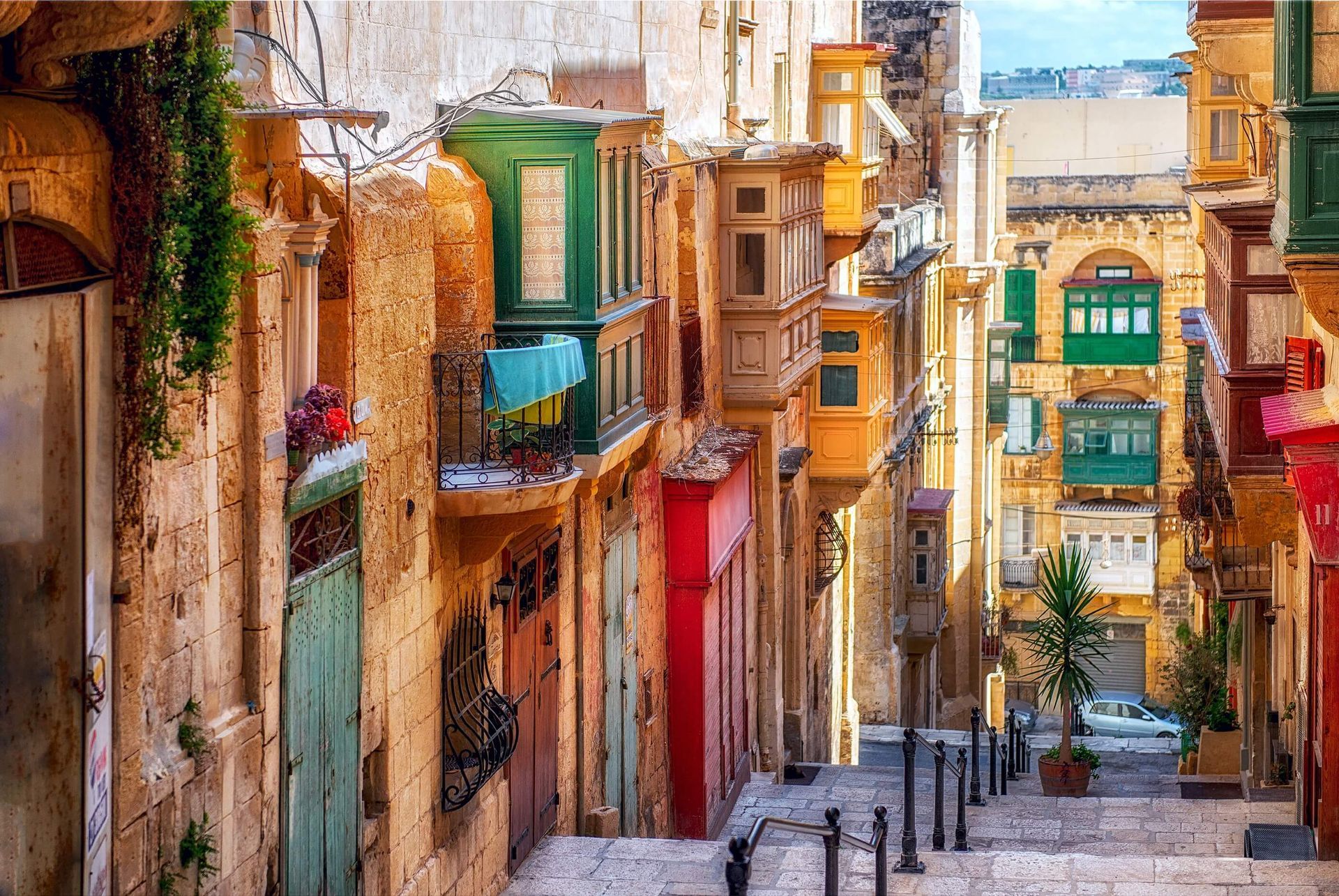Te Whatu Ora Health New Zealand Major Maori Health Investment
The Maori and Pasifica populations of New Zealand have long suffered from limited access to medical care and poor healthcare outcomes. A new organisation and record funding aim to address this with the expansion of community and primary healthcare services.
The health service reforms of 2022 in New Zealand disbanded the former district health boards and centralised public healthcare under a new organisation Te Whatu Ora Health New Zealand, responsible for the strategic and operational functions of healthcare at national, regional and local levels.
One of the key imperatives of the healthcare reorganisation is the improvement of access and provision of health services to the Maori and Pasifica populations which comprise almost 20% of New Zealand's population and have historically suffered a higher burden of chronic and severe illness, reduced life expectancy and more limited access to medical services, caused in part by the remoteness of their habitations and distances from medical facilities. A new organisation was created to manage this and expand the rural healthcare workforce and it has now received a large funding boost to achieve it.
Maori Health Services - Rongoa Maori
Maori health care services are distinct from the non-Maori general health services of New Zealand, differentiated by both policy (kaupapa) and delivery framework.
Rongoa Maori, Traditional Maori Healing, is based on the ancient and timeless traditional Maori culture and philosophy which views illness and its remedies in holistic terms and emphasises general wellbeing. It seeks to understand the events leading to ill health and the impacts of medical disorder and then addresses these through a range of culturally bounded responses which include rakau rongoā (native flora herbal preparations), mirimiri (massage) and karakia (prayer).
Rongoa Maori aims to help individuals fully develop their spiritual, intellectual, emotional and physical well-being. It therefore differs from a Western medical paradigm which focuses principally upon the diagnosis of a specific medical disorder and its medical, surgical and psychological treatments or interventions required to return to a state of health.
Māori health providers deliver health and disability services to both Māori and non-Māori clients and are available throughout New Zealand. They also provide educational courses. Clinic details are avalable from the New Zealand Ministry of Health.
Te Aka Whai Ora - Māori Health Authority
The new, statutory entity, Te Aka Whai Ora - Māori Health Authority, was established on 1 July 2022 to work in partnership with the Ministry of Health (Manatū Hauora) and Te Whatu Ora - Health New Zealand. This replaced the interim Māori Health Authority founded in September 2021.
It is responsible for ensuring the health system works well for Māori by:
- leading change in the way the entire health system understands and responds to Māori health needs
- developing strategy and policy which will drive better health outcomes for Māori
- commissioning kaupapa Māori services and other services targeting Māori communities
- co-commissioning other services alongside Health NZ
- monitoring the overall performance of the system to reduce health inequities for Māori.
- Iwi-Māori Partnership Boards will have decision-making roles at a local level, and jointly agreeing local priorities and delivery with Te Whatu Ora - Health New Zealand. They are also the primary source of whanau voice in the system.
- Manatū Hauora / Ministry of Health, partnering with Te Aka Whai Ora - Māori Health Authority, will continue to monitor how the system is delivering for Māori overall.
Investment in Maori Health Services
Te Aka Whai Ora (then the interim Māori Health Authority) announced its inaugural commissioning investment of $22 million in May 2022. Since then, more than 149 Māori healthcare providers have received funding to support innovation and sustainability.
Funded Rongoā Māori services are now available throughout New Zealand through the establishment of four new Rongoā Māori providers and support for the existing 31 Rongoā Māori providers to expand their services.
New Zealand's Health Minister Andrew Little said "In Budget 2022, the Government made a record investment in resetting our health system, including to establish Te Aka Whai Ora as an equal partner at the heart of the new system and the lead for commissioning Māori health services."
In November 2022, Te Aka Whai Ora has just announced its largest commissioning investment to date with a $71.6 million funding boost for Maori health providers, broken down as follows:
- $29.3 million for Te Pae Tata | interim New Zealand Health Plan priority areas
- $13.0 million for Māori primary and community providers
- $17.6 million for te ao Māori solutions, mātauranga Māori and population health
- $11.7 million to support innovation, workforce development, and whānau voice
The aims of this record funding are to:
- fund new Māori workforce initiatives to grow the health workforce
- increase the availability of te ao Māori services
- encourage innovation to address the design and provision of healthcare
- action key elements of the new nationwide health plan, Te Pae Tata released by Te Aka Whai Ora and Te Whatu Ora last month
- focus on disease prevention
A third of the investment ($29.3 million) will commission te ao Māori services and increase access for Māori to existing services in Te Pae Tata priority areas:
- Kahu Taurima – Maternity and early years
- Mate pukupuku – People with cancer
- Māuiuitanga taumaha – People living with chronic health conditions
- Oranga hinengaro – People living with mental distress
The Deputy Health Minister Peeni Henare acknowledged the contribution made by Māori providers and health workers who played a critical role in New Zealand's response to COVID-19 and continue to deliver much needed services to whānau Māori across Aotearoa.
How to get a job in New Zealand's healthcare system
If you are interested in working in New Zealand's unique healthcare system, please register your CV with us or contact us to discuss your job search. Applications for currently advertised jobs can be made by uploading a CV which should be recent and address all eligibility criteria as set out in the job advert.
Candidates for medical jobs in New Zealand must be eligible for registration with the Medical Council of New Zealand, the national professional regulatory authority. An overview of the process for registration can be read in our guide.
You can read more detailed information about
New Zealand's healthcare system and find out more about getting a clinical job in New Zealand as a doctor, nurse or allied health professional in our
locations - New Zealand and
News and Insights sections.
Share this post on Social Media
Leave a Comment
SEARCH JOBS
Ready for a change? Whether you’re looking for higher compensation, greater autonomy, a better work-life balance, or just a change in scenery, we have job opportunities in wonderful locations across the world. Start your medical or dental job search today and embark on your next career move.
SIGN UP FOR JOB ALERTS
We believe everyone deserves to find their dream job. Be the first to hear about new practice opportunities in exciting locations across the world Simply sign up for job alerts in your chosen field, and we will email you when a new job in your specialty becomes available.
More Insights












